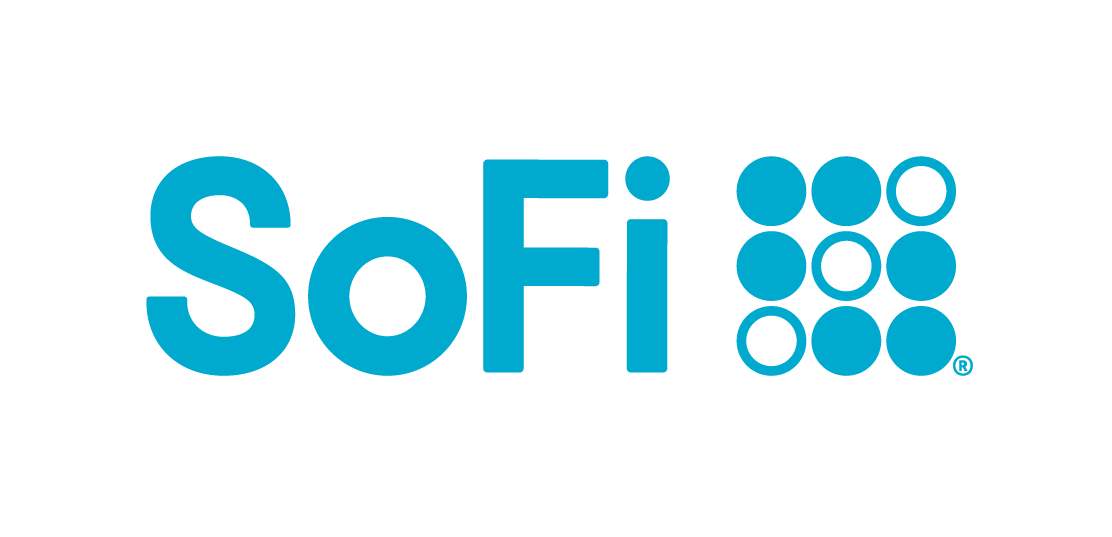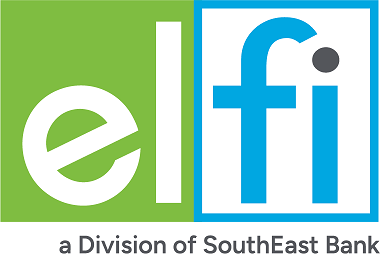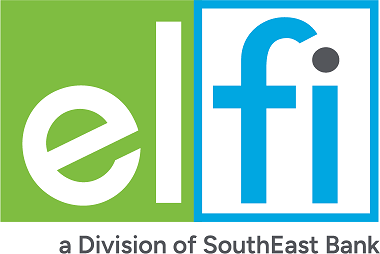College creates opportunities for better jobs, higher incomes, and an improved quality of life. While getting into college is a significant achievement, the reality is that most students can’t cover the costs on their own, especially with tuition climbing higher every year.
Student loans offer a way to make higher education achievable. However, the idea of borrowing money for tuition can feel intimidating, as the weight of student loan debt can take away from what should be a thrilling and hopeful time in a student’s life.
However, by diligently exploring different lenders offering competitive interest rates, students can potentially save a substantial amount of money. Thus, it is worthwhile for students to conduct thorough research and compare loan offers before committing to borrowing. Continue reading to discover how to identify private student loans with the lowest interest rates.
Understanding Student Loan Interest
Understanding interest on student loan balances is crucial before choosing a lender. Most student loans provide a six-month grace period after enrollment for payment preparation upon graduation. It's important to note that interest starts accruing from the disbursement date.
Federal subsidized loans like the Direct Subsidized Loan have the government covering interest while you're enrolled at least half-time, during the grace period, and in authorized deferment. For other types of loans, repayment responsibility for both the loaned amount and interest rests with you. Throughout the grace period and repayment, your loan will accumulate interest based on the rate in your promissory note.
But how does this interest concept work? Similar to any loan, you borrow a principal amount – such as your school’s tuition and fees total – and then repay that principal along with the agreed-upon interest rate. If you have a $30,000 loan carrying an average student loan interest rate of 5.8%, expect to pay $9,600 in interest over ten years.
More>>>Calculate the amount of interest on your loan
Unlike other types of loans, some student loans often offer the opportunity to enter into a period of forbearance or deferment. In both cases, payments may not be required for an extended time. Many borrowers mistakenly believe that interest does not accrue during such periods, but in most cases, it will. The interest of your student loans will continue to be added to its principal, even when payments are not required.
How to Find Low Interest Student Loans
Before you decide on a student loan, it’s advantageous to consider all options and find the lender who offers the lowest interest rate. Different lenders will offer different loan terms, so it’s worth your time to do some research and find the lender who offers the most beneficial conditions. How do you find the lowest rates and best repayment terms? There are a few ways to find lenders who are likely to offer optimal rates.
You can start with an internet search for “low interest student loans” and see what results are available. You’ll likely find that there are many private lenders who offer low interest student loans that you can easily apply for. Look at the rates advertised by different lenders as well as the repayment terms and choose a few top contenders to submit applications to.
As you do your research, it’s important to understand that there are two types of interest rates that will be offered by the banks, fixed and variable interest. Fixed interest is exactly how it sounds, the rate is fixed (i.e. it doesn’t change) over the length of the repayment term. Variable rates will fluctuate with market conditions and can move up or down during the repayment period, causing monthly payments to change as rates change.
Variable rates are generally lower than fixed rates, so when comparing rates, naturally they will look more attractive. However, you will need to consider your financial needs and determine which is better for you in the long run – a fixed or a variable rate.
Some people prefer the stability of the fixed rate, while others are willing to contend with the risk of the rate moving up to get the lower rate in the beginning. If you are considering a variable rate loan, make sure you can afford the payments at the lower and higher interest rate.
Remember that interest rate isn’t the only factor you should pay attention to when you are shopping for a student loan lender. You should also pay attention to factors such as available repayment options — this will affect your monthly payment in addition to the interest rate.
Longer loan terms can offer lower payments but actually be more expensive in the end with the total amount paid higher than if you would have chosen a shorter term. It is possible though to find loans with a shorter repayment plan will come with a low interest rate, too. This is why it’s important to shop around.
Different Loan Repayment Options
What kind of repayment options are available on student loans? The answer to this question depends on the lender you select, but generally speaking, there are a few key differences between options that every borrower should be aware of — the first being the repayment term. Some loans will offer repayment terms of up to as much as 30 years, while others offer much shorter terms of ten years. This makes a major difference in how much you pay monthly, so it’s important to pay attention to.
You should also pay attention to whether the loans you are considering offer variable rates or fixed interest rates. As mentioned above, the variable rate is unique because it fluctuates based on the ups and downs of market interest rates — this means that your interest rate may be lower, but it also could be higher.
A fixed interest rate, on the other hand, offers a set interest rate that will not change throughout the duration of the loan. This may be preferable to people who would rather have a stable repayment plan instead of one that may fluctuate.
Qualifying for the Lowest Interest Rate
A big part of scoring the lowest interest rate on a private student loan is having a good credit score. Your credit score will determine the loan amounts you are offered, as well as the interest rate that a lender approves. The higher your credit score is, the lower your interest rate will be. Your score is based on multiple factors in your credit history such as:
- Percentage of payments made on time
- Amount of debt in borrower’s name
- Credit utilization ratio
- Accounts that may be in collections
of these elements can affect the interest rate that a lender offers you. If your credit history is less than perfect, you might be forced to accept a loan with a higher interest rate if you apply for the student loan on your own. It’s not uncommon for students to have cosigners to help them not only qualify for a loan but to also secure the lowest possible interest rate taking advantage of the cosigner’s strong credit score and credit history.
If you use a cosigner, it’s important to mention that the cosigner is just as responsible for the loan as you are. It is possible to release the cosigner (if the lender allows for this) with a minimum number of on-time, in-full, consecutive monthly payments, and meeting other criteria in your loan’s terms. This is generally for students with at least 24 on-time payments, but terms will vary by lender and can be more or less, as stated in the terms and conditions of the loan.
Private vs. Federal Student Loans
When discussing differences in interest rates and repayment plans, it’s important to note that many of options noted above are based on private student loans. Federal student loans have interest rates that are determined by the federal government and non-negotiable.
That said, most students will opt for federal student loans because of subsidized loan options (meaning the government will cover the cost of your interest while you are enrolled in school at least half-time, during your grace period, and during authorized periods of deferment), but this isn’t necessarily the best option for every student.
Federal loans are granted after a student completes the FAFSA® (Free Application for Federal Student Aid). A student’s credit history or income are not taken into account, meaning that it is much easier to get approved for federal funds than private funds.
In fact, students are typically only denied if they have been convicted of a specific felony or if they have maxed out their loan availability. Federal loans are also eligible for loan forgiveness in some cases, and may be further subsidized by additional financial aid if the borrower qualifies.
Private student loans can help pay expenses that are not covered by federal student loans but are needed to finance the remainder of your school’s cost of attendance, and they can offer competitive and sometimes interest rates depending on your credit.





















